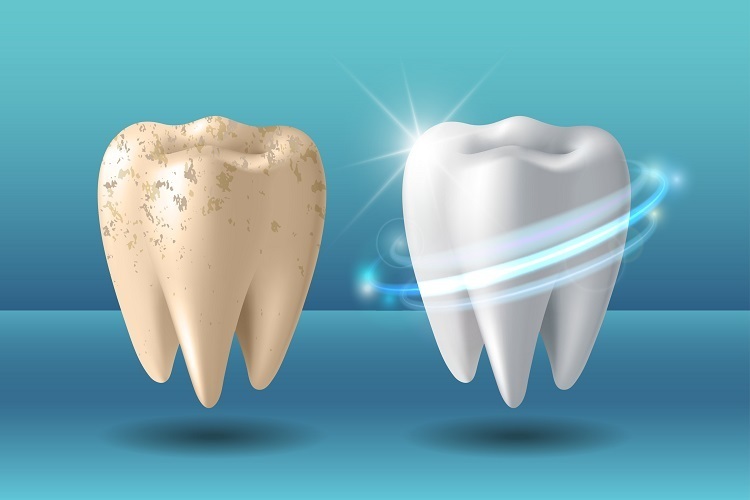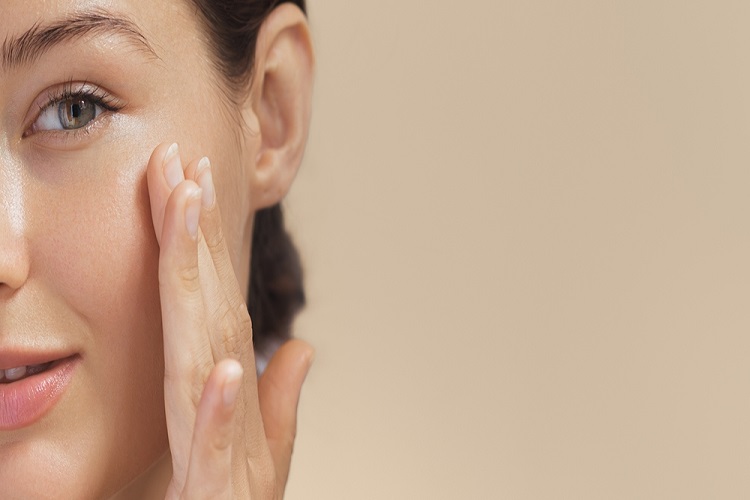When it comes to dental health, most people associate cavities with the back teeth. However, it’s not uncommon to wonder if cavities can also affect the front teeth. In this article, we will explore the possibility of developing cavities on your front teeth, the causes behind them, and the preventive measures to maintain optimal dental health and how to get invisalign? Let’s dive in!
Table of Contents
I. Understanding Cavities:
Before discussing cavities on front teeth, it’s essential to understand what they are. Cavities, also known as dental caries, are permanently damaged areas on the teeth’s surface, leading to holes or tiny openings. They occur when the bacteria in your mouth produce acids that erode tooth enamel over time, causing decay.
II. The Structure of Front Teeth:
Front teeth, also called incisors, are primarily responsible for biting and tearing food. Unlike the back teeth (molars and premolars), which have multiple cusps and grooves, front teeth have a simpler structure. They consist of a single crown, with a relatively flat surface and sharp edges.
III. Factors Contributing to Cavities on Front Teeth:
Poor Oral Hygiene:
Neglecting proper oral hygiene, such as irregular brushing and flossing, can increase the risk of cavities on any tooth, including the front teeth.
Sugar and Acidic Diet:
Consuming a diet high in sugar and acidic foods or beverages creates an ideal environment for bacteria to thrive, leading to tooth decay.
Dry Mouth:
Insufficient saliva flow, which could be caused by certain medications or medical conditions, can contribute to tooth decay, including on the front teeth.
Enamel Erosion:
Front teeth can be vulnerable to enamel erosion due to aggressive brushing, teeth grinding (bruxism), or acidic substances.
IV. Signs and Symptoms of Cavities on Front Teeth:
Discoloration:
Cavities on front teeth may appear as white or brown spots on the surface. As the decay progresses, the discoloration may darken or turn black.
Sensitivity:
Increased sensitivity to temperature changes, particularly to cold or hot foods and beverages, can be an indication of cavities.
Roughness or Chipping:
Cavities on front teeth can cause rough patches or chips on the tooth’s surface, affecting its appearance and texture.
Pain or Discomfort:
If the cavity reaches the inner layer of the tooth (dentin), it can lead to pain or discomfort, especially while biting or chewing.
Prevention and Treatment:
Good Oral Hygiene:
Brushing your teeth at least twice a day with fluoride toothpaste, flossing daily, and using mouthwash can help prevent cavities on front teeth and maintain overall oral health.
Balanced Diet:
Limiting sugary and acidic foods and beverages, and opting for a balanced diet rich in fruits, vegetables, and dairy products, can minimize the risk of tooth decay.
Regular Dental Check-ups:
Visiting your dentist for regular check-ups and professional cleanings allows early detection and timely treatment of cavities before they become more severe.
Dental Sealants:
Dentists may recommend dental sealants on the front teeth, especially for individuals at higher risk of developing cavities. Sealants act as a protective barrier against decay-causing bacteria.
Treatment Options:
If a cavity is detected on your front teeth, treatment options may include dental fillings, dental bonding, or in severe cases, a dental crown.
Conclusion:
While cavities are commonly associated with back teeth, it’s important to recognize that front teeth are not immune to tooth decay. Maintaining good oral hygiene practices, adopting a healthy diet, and regular dental visits are crucial in preventing cavities on your front teeth. By being proactive and attentive to your dental health, you can enjoy a bright and healthy smile for years to come.










Comments